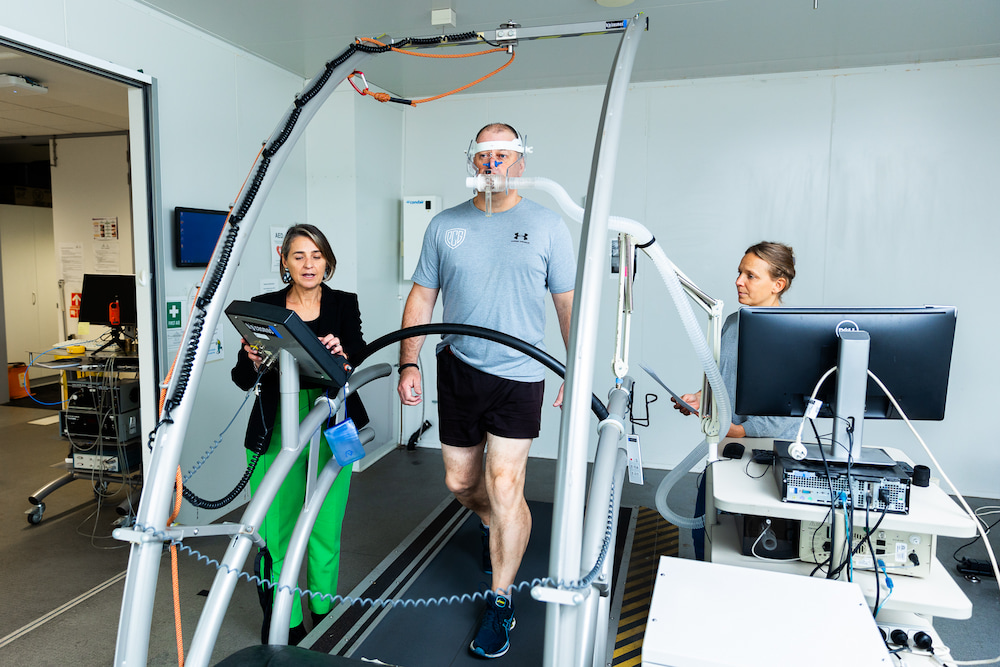A new study by University of Canberra researchers aims to determine physical activity thresholds for people living with heart disease, to prevent repeat cardiac events and help more people live longer, healthier lives.
Heart disease causes one in four deaths in Australia: 118 people die from it every day, or one person every 12 minutes, the Heart Foundation states. Three-quarters of Australians are at risk of developing cardiovascular disease, but regular exercise (at least 30 minutes of moderate to vigorous physical exercise every day) can prevent the disease.
However, the guidelines around exercise for the general population are not suited to those with chronic conditions like heart disease, Dr Nicole Freene, UC Associate Professor of Physiotherapy, a specialist in cardiac rehabilitation, believes.
To explore this further, she is launching a new study: Developing physical Activity and Sedentary behaviour thresholds for the Secondary prevention of Heart disease (the DASSH study).
“Physical activity plays a vital role in preventing repeat cardiac events, and the levels that someone living with heart disease can maintain may be different to a healthy person, and we want to get a better understanding of that,” Dr Freene said.
“Researchers haven’t been able to determine the relationship between physical activity and health outcomes to develop disease-specific physical activity guidelines which may differ from the public health guidelines.”
Her research team will monitor people living with heart disease, using wearable activity monitors (accelerometers) to determine physical activity frequency, duration, and intensity.
The team is seeking participants who are living with coronary heart disease. They would be required to attend a single, two-hour session where accelerometers will be used to determine more accurate physical activity intensity levels for people with heart disease.
“They will spend 15 minutes walking on a treadmill and then do other daily living activities like sweeping the floor or watching television while we measure oxygen consumption,” Dr Freene said.
“Since participants have a history of heart disease, they will need to obtain medical clearance before they attend a session, which can be done through their GP.”
Since heart disease affects more than four million Australians, Dr Freene hopes the outcomes of the trial will guide physical activity recommendations and interventions both in Australia and around the world.
“It’s really important that individuals living with heart disease are physically active, as they are more likely to die from any cause or experience repeat cardiac events if they are inactive,” Dr Freene said.
“We want to generate new knowledge to be able to determine exactly how much physical activity they need to do to avoid having a heart attack and have a better quality of life overall.”
Anyone interested in taking part in the study can contact Chris Tuck on 0474 692 435 or [email protected].



